South Africa handed the G20 presidency to the United States on Sunday, shifting leadership away from the Global South at a time when debt risks in poorer nations are rising sharply.
The change over completes a run of four major emerging economies, including Indonesia, India and Brazil, steering the group, years in which debt sustainability across developing nations became an increasingly prominent priority.
Debt levels across emerging economies have reached a record high of more than $100 trillion, and the pressure is particularly acute in Africa, where the International Monetary Fund (IMF) warns that around 20 countries are already in or near debt distress.
Senegal has become a flashpoint after billions of dollars in undisclosed borrowing led the IMF to freeze a $1.8 billion programme and triggered a sharp ratings downgrade.
Gabon has turned to liability-management deals, including about $1 billion in regional bond swaps, to ease repayment pressures.
Mozambique has sought restructuring advisers, while Malawi’s debt load is nearing 90% of GDP.
"It's important that we find solutions and not just tinker at the margins," said Trevor Manuel, former South African finance minister and chair of the G20 Africa Expert Panel advising President Cyril Ramaphosa.
The G20 launched the Common Framework in 2020 to accelerate debt restructuring for poorer nations after the COVID-19 pandemic, but progress on reforming the international financial architecture has been slow.
The framework has delivered debt treatments to Chad, Zambia, Ghana and Ethiopia.
Eric LeCompte, executive director of Jubilee USA Network, said the limited number of cases showed the system’s constraints. Still, he noted that the United States – which will lead the G20 until late 2026 – has placed debt challenges, economic growth and job creation on its agenda, offering some continuity.
He also pointed to the G20 Africa Engagement Framework, unveiled in October, as an important step toward addressing growth, financing and development challenges.
Vera Songwe, a member of President Ramaphosa’s economic advisory council, said revisions to debt-sustainability assessments were needed, particularly to improve financing conditions for poorer nations.
“When multilateral development banks use guarantees, they should not be penalised,” she said, underscoring calls to reform the Basel Framework to lower borrowing costs.
The G20 has shown in the past that it can shape global responses – from post-2008 stimulus measures to the COVID-era Debt Service Suspension Initiative – but it also has limits, said Gilad Isaacs of South Africa’s Institute for Economic Justice.
“It doesn’t make policy. It’s got no legal standing,” he said, adding that new platforms, including a proposed borrowers’ forum, are needed for deeper reform.
South Africa’s Finance Minister Enoch Godongwana said he would continue advancing the group’s recommendations from the past year, including efforts to institutionalise debt-relief mechanisms.
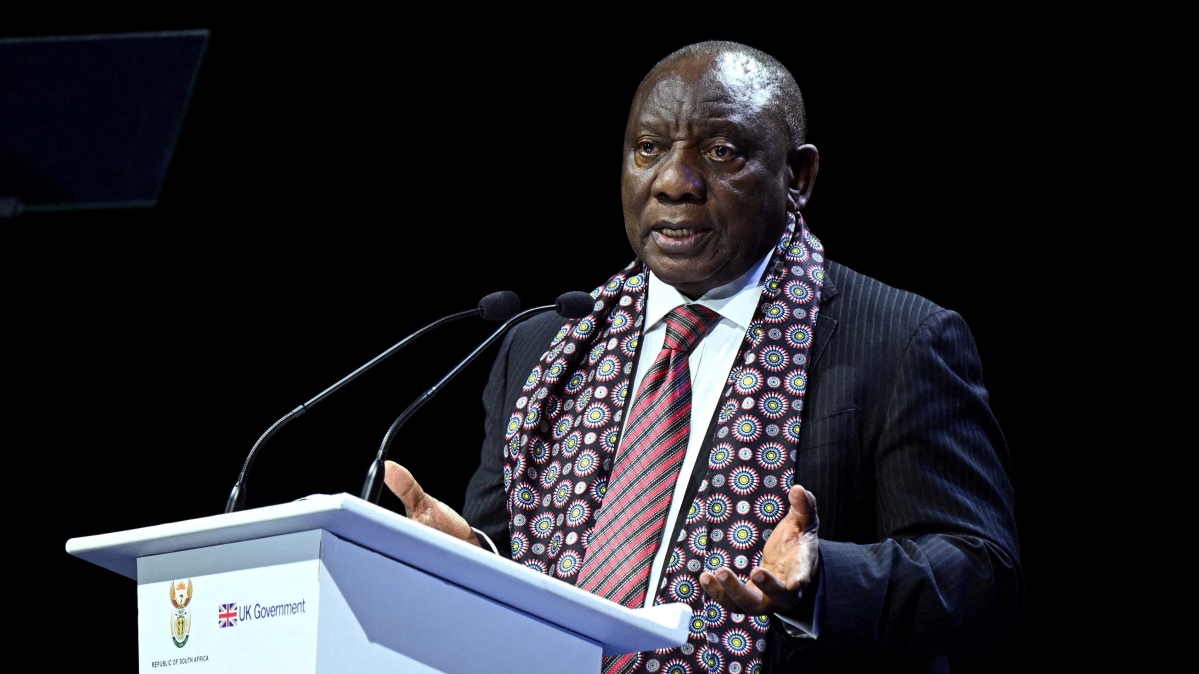
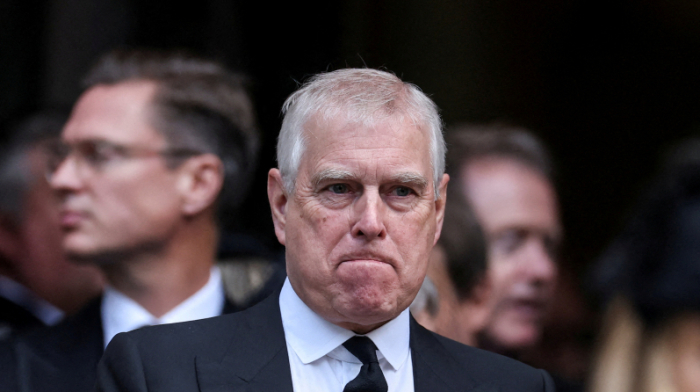
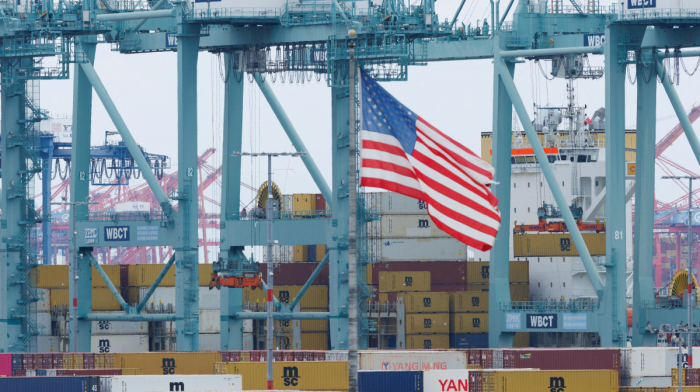

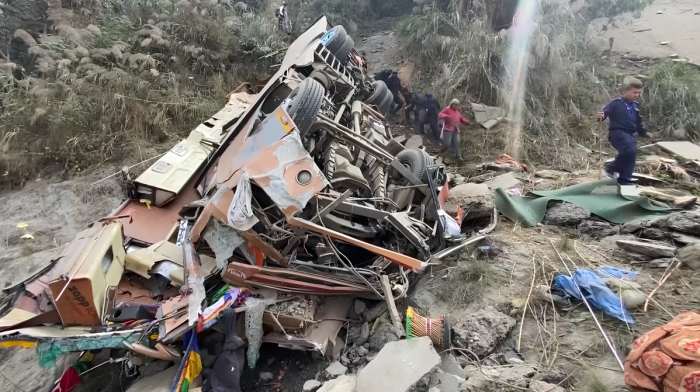
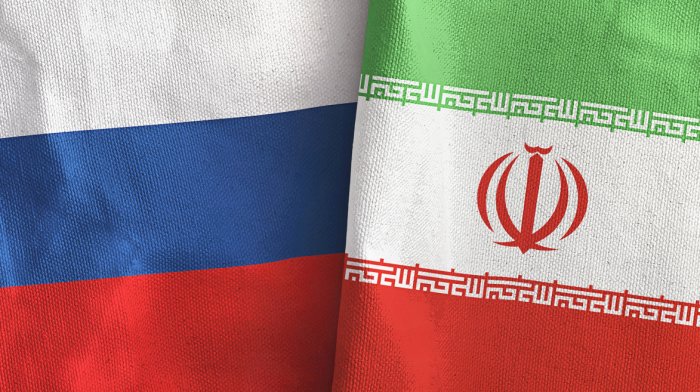


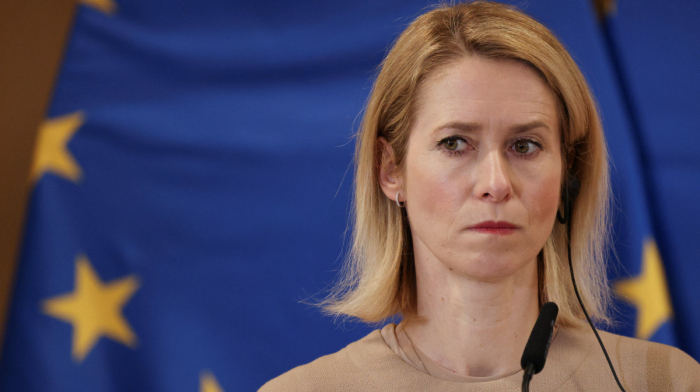


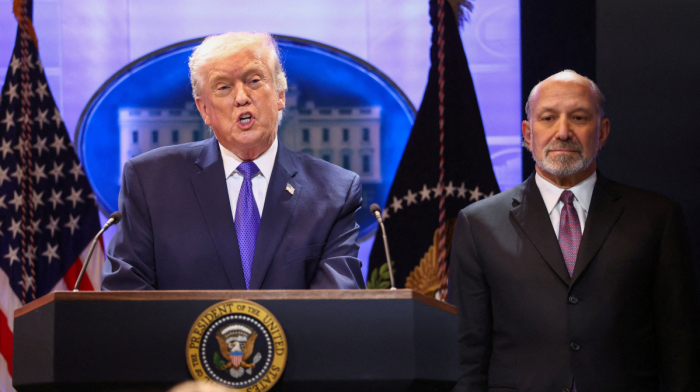
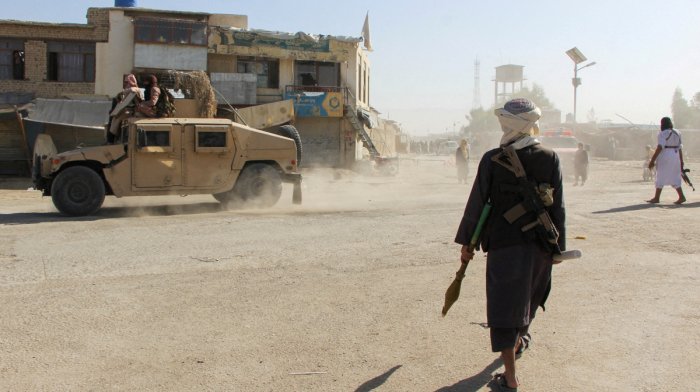
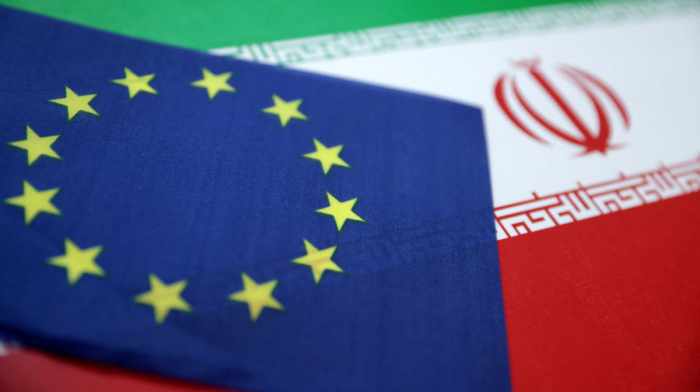



What is your opinion on this topic?
Leave the first comment